Organic farming is a sustainable agricultural practice that aims to produce foods without using synthetic pesticides, fertilizers or animal by-products. It also strives to protect the environment by reducing pollution and decreasing soil erosion.
However, organic food is usually more expensive than conventionally grown products. This is mainly due to the limited supply and higher processing costs.
Impact on Local Economy
Organic produce is usually grown on smaller farms near you, and the money you spend with these local farmers stays within your community. This means that more money goes back into the economy and creates new jobs in your county.
Additionally, organic farming practices reduce pollution, conserve water, reduce soil erosion, increase soil fertility, and use less energy. They also allow for natural pest control without the use of synthetic pesticides.
A recent study found that if organic farming were adopted on a larger scale in England and Wales, it could cut greenhouse gas emissions by 20%. The researchers say that this form of farming is often better for the environment, and for nearby people and birds as well.
The best way to support local and sustainable food systems is by making healthy food choices. This includes eating a wide variety of fruits and vegetables, filling half your plate with protein sources from plants, and avoiding high-sodium foods.
Impact on National Economy
Organic food products have a positive impact on the national economy, which in turn helps to support local businesses. For example, the growing popularity of organic foods has helped to create jobs in many areas.
In addition, organic farmers typically get a price premium over conventionally grown produce, which increases their profit margins. These price premiums also help to fund conservation programs.
Another benefit of purchasing organic food is that it reduces environmental pollution caused by the use of pesticides and herbicides. These pollutants can contaminate water and soil, causing erosion and harming fish and wildlife.
These benefits are why many hospitals have started to purchase organic and locally grown food for patients and staff. These hospitals are not only providing healthier options for their patients, but they are also employing local people.
Impact on Environment
Organic food has been shown to have a positive impact on the environment. This is because organic agriculture does not use pesticides and chemical fertilizers, which are harmful to the environment.
However, it's important to note that comparing the environmental costs of organic and conventional farming is complex. This is because a lot of different factors go into it, such as greenhouse gas emissions and nutrient runoff.
Another reason why organic farming has a positive effect on the environment is because it encourages biodiversity. Biodiversity is vital for the health of our ecosystems and can help fight disease and pests.
It also helps build up soil fertility and increase resilience to climate change. Soil that's full of biodiversity has better water retention, is able to resist drought, and retains nutrients and carbon in the ground.
In addition to the positive environmental effects of organic food, it can help improve local economies and job creation. This is because when you buy organic, it supports organic food businesses.
Impact on Health
Organic food is becoming more popular as consumers become aware of its benefits. These include a lower risk of pesticide exposure, increased nutritional value and better taste.
But are these benefits really worth the higher price? This is a question that will need to be decided on a case-by-case basis.
Another key consideration when assessing the impact of organic foods on economy is how they affect the health of the population. This is a critical issue, especially when dealing with vulnerable populations, such as children, the elderly or those with chronic conditions.
This is why it’s important to support local and sustainable food systems while making healthy food choices. In addition to improving the quality of food, these systems can help communities prepare for potential food production issues, such as drought, flooding and natural disasters.
Frequently Asked Questions
Which organic vegetables are the best?
Organic vegetables are the most nutritious and healthy food source for humans. They are the best food on earth.
Organic produce is organically grown without pesticides. These chemicals pose severe risks to our health and environment.
Organic produce also has more nutrients, vitamins minerals, antioxidants and phytonutrients. They also contain more fibre, essential fatty acids, enzymes, fiber, and enzymes. This makes them healthier because we absorb these nutrients better when eating organics.
Organic vegetables taste delicious and are safe for you to eat. Organic produce is free from known side effects.
Every grocery store will carry organic fruit and vegetables. As long as they are produced according to USDA guidelines (which means they meet the standards set forth by the United States Department of Agriculture), they are labelled "organic." If you cannot find organic produce at your local grocery store, check out online retailers such as Amazon or Walmart.
What is organic meat?
Organic meat means real food, grown without artificial fertilizers or pesticides. It also means that the animals weren't fed any genetically modified feed. It is safe to eat because it doesn't contain any harmful chemicals.
Organic meats are also better for our environment. Organic foods reduce pollution in rivers, lakes and landfills. Organic farmers don't use harmful chemicals to kill birds and insects, which helps wildlife.
Locally purchasing organic meats is the best way to make sure you are eating healthy and organic meats. Local buying helps to keep money in the community, rather than moving out of state. Local businesses often pass savings on to customers who shop locally. In addition, buying local keeps jobs right here in America instead of sending them overseas.
Are organic meats better?
If you have been paying attention for long enough, you will probably know the answer. But here's the rub, organic food is becoming more popular while conventional food continues to fall out of favour.
The reason why organic foods continue to rise in popularity is that they are healthier for us. Organic foods are also safer for our overall health and reduce pollution.
However, there are also two sides to this coin. Organic produce takes longer and requires more resources. Organic food can be more expensive than its nonorganic counterpart.
Organic meats tend to be more expensive than those raised conventionally. However, it is possible to reduce costs without compromising on quality.
Buy local to save money. Locally grown produce helps to keep the prices down because farmers are given incentives to grow healthy crops.
Deals are another way to cut costs. There are often discounts offered when purchasing organics.
Finally, another way to save money is by eating less meat. Because of the amount of feed required to raise livestock, meat production can become expensive.
Organic food is healthier for the planet and our bodies than conventional food, but it's important to not overlook its cost.
What is the difference between organic and inorganic foods?
Organic food does not contain pesticides, chemical fertilisers, sewage waste, irradiation, genetic modification. Organic farming practices promote soil health, water quality and animal welfare.
Inorganic foods may be grown with chemical fertilizers, pesticides, or sewage sludge. Irradiated foods are treated with radiation; genetically modified organisms (GMO) are created through biological engineering techniques.
Sometimes, the term "natural", is used interchangeably with "organic." However, natural does not necessarily mean organic. Products labelled "natural", however, may contain synthetic chemicals.
Organic produce is more nutritious than traditional produce due to the fact that it contains less harmful chemicals and pesticides. Organic farmers also don't use synthetic fertilizers or hormones, pesticides, or antibiotics.
Why is organic food so important?
Our health is dependent on organic produce. It is the best option to ensure that we eat nutritious food. It's not only better for us but also it's more sustainable as it doesn't rely upon pesticides and fertilers.
Organic farming relies on natural methods to cultivate crops, without the use of harmful chemicals. This results in fewer environmental pollutants and makes organic farming safer. When you choose organic food, both you and the earth are protected.
But organic food offers more than just health benefits. We all know how unhealthy processed foods can make us feel. However, organic fruits & vegetables aren’t treated with chemical sprays. It means that organic fruits, vegetables and other foods are fresher tasting, more vibrant and last longer.
Because of this, organic foods are so important. Because organic is healthier for you as well as for the world.
What are the benefits of organic products for skin?
Organic skincare products are made without synthetic chemicals such as parabens, phthalates, mineral oil, petrolatum, petroleum jelly, propylene glycol, sodium lauryl sulphate, talc, triclosan, titanium dioxide, triethanolamine, vitamin A palmitate, etc.
Organic skincare products are free from artificial colours, fragrances and preservatives.
They can also be used to maintain healthy skin, protect against premature aging, promote healing from injuries, and improve overall well-being.
These are some terms that you might see when looking for organic products
- Paraben Free – These chemicals are used to preserve certain cosmetic products, but can cause serious health problems if taken in large amounts.
- Fragrance-Free: The product is free of essential oils or fragrances.
- Cruelty-Free: No animals were hurt during manufacturing.
- Natural Ingredients - the ingredient is naturally derived from the plant or animal.
- Vegan/Vegetarian – The ingredients can either be vegetarian or vegan.
- Gluten-Free - this means that gluten was removed from the formulation.
- Non-Toxic - The product doesn't contain toxins, carcinogens, or other dangerous compounds that could harm your health.
- Biodegradable means that the product can be thrown away as it will become harmless components.
- Pesticide Free - No pesticides were used during the growing or harvesting processes.
- GMO-Free - this means that none of the ingredients in the product contains genetically modified organisms.
- Certified Organic means that all of the ingredients in the formula were grown using methods that protect the soil, water, air, wildlife, and farmers.
What are the health benefits of organic foods?
Organic foods may not be healthy for everyone. There are certain health benefits to those who consume organic foods regularly.
Organic food does not contain artificial fertilizers or pesticides. It also doesn't contain fungicides. Organic produce is produced without the use of harmful chemicals which could affect human health.
There are also fewer additives used during processing. Organic products are more nutritious than those made from non-organic ingredients.
Studies have shown that organic foods are more nutritious and rich in antioxidants than fruits and veggies grown from conventional sources.
Although organic farming methods tend to cost more than conventional farming methods, they often yield better results. Organic agriculture encourages soil fertility, biodiversity and biodiversity.
This helps to prevent erosion and conserve water resources. Plus, because organic farms aren't treated with toxic chemicals, these farms typically require less energy and fuel.
Many people are concerned that organic food is more expensive than regular foods. However, prices will vary depending on where one lives. Organic apples, on the other hand, tend to be more expensive that conventional apples.
However, organic fruit is more affordable if you compare the price of a basket of both types.
Do you really need to buy organic?
It all depends upon who you are. If organic food doesn't appeal to you, you shouldn't bother.
Organic food can be purchased if you like good-tasting food. Organic food is safer than traditional commercial produce, as they are not subject to chemical pesticides, chemical fertilizers, or genetically modified organisms (GMOs).
Organic agriculture protects our environment by conserving natural resources and promoting biodiversity.
Statistics
- Popular clothing brands, like Patagonia, are labelled as organic by using 100 percent organic cotton for many of their styles. (en.wikipedia.org)
- Once certified by the USDA, it can fall into one of four categories: "100 percent organic", "organic," "made with organic ingredients," or "made with less than 70 percent organic ingredients. (en.wikipedia.org)
- As for organic meat, regulations require that animals be raised in living conditions that accommodate their natural behaviours (like the ability to graze on pasture), fed 100% organic feed and forage, and not administered antibiotics or hormones. (usda.gov)
- Cosmetic brands such as Laurel and Rose Mira are 100 percent organic and have a wide array of skincare products. (en.wikipedia.org)
External Links
ncbi.nlm.nih.gov
- PubMed: Assessment of the micronutrients found in plant foods that are produced using organic and conventional agricultural techniques - PubMed
- Comparison of the total amount of phenolic and/or ascorbic acids in freeze-dried and dried marionberry, strawberry, or corn grown using conventional and organic agricultural practices - PubMed
sciencedirect.com
- Organic food and impact on human health: Assessing the status quo and prospects of research - ScienceDirect
- Technical note: Simultaneous carotenoid and vitamin analysis of milk from total mixed ration-fed cows optimized for xanthophyll detection - ScienceDirect
doi.org
- Occupational Pesticide Exposures and Cancer Risk: A Review: Journal of Toxicology and Environmental Health, Part B: Vol 15, No 4
- Genetically modified food safety and public concerns: a review by Journal of Food Science and Technology
ecfr.gov
How To
5 Reasons to buy organic products
Organic foods do not use pesticides or synthetic fertilisers. They contain no genetically modified or irradiated food ingredients. Their production does not use sewage sludge and industrial solvents. During its growing cycle, the food's natural environment will be protected from contamination. It is free of preservatives as well as artificial additives. There are no hormones and antibiotics used. They are also made in conditions that maintain their nutritional value and freshness for longer times.
- Health benefits. Nonorganic produce has more chemicals than organic. Organic produce is healthier. This means that it is less likely to cause allergies. This also means that you are consuming less toxins and carcinogens.
- Eco-friendliness. Produce grown without pesticides or synthetic fertilizer needs very little water. Organic farms are typically located far away form areas of high pollution and where conventional growth is difficult because it requires so much effort. This helps to reduce air pollution.
- Sustainability. Organic farming relies less on chemical fertilizers and more on soil fertility. This results with healthier soils with greater organic matter. Rotating crops and allowing the soil to rest between harvests improves soil health. When farm animals eat only grasses and grains raised without any added hormones or antibiotics, they develop strong immune systems.
- Taste. Due to being picked at peak quality, vegetables and fruits are often bland. Because it was picked while still unripe, organic produce is richer and more flavorful.
- Nutrition. GMOs, BPA, and other harmful chemicals are often found in conventional processed foods. You can avoid them by sticking with whole foods such meat, fish, eggs, seafood, seeds and beans, as well as fruits, veggies, herbs, and vegetables.
Resources:
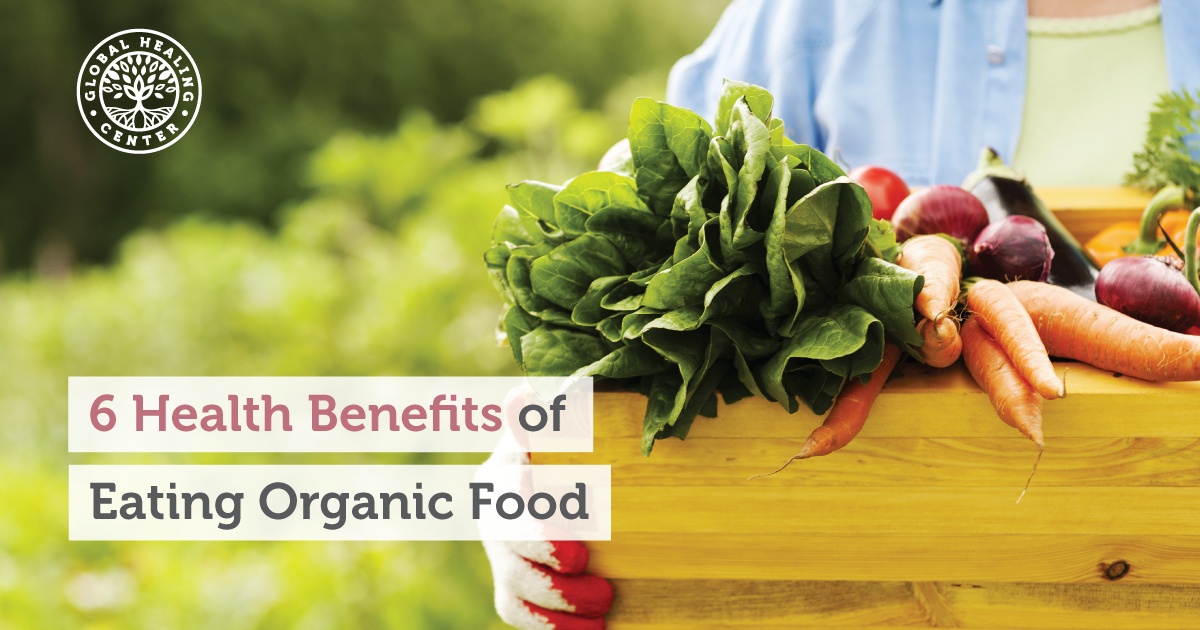 |
Nuts and SeedsNuts and seeds are nutrient-rich crunchy tidbits that add a protein, fiber and healthy fat punch to meals and snacks. They’re also a great source of.. |
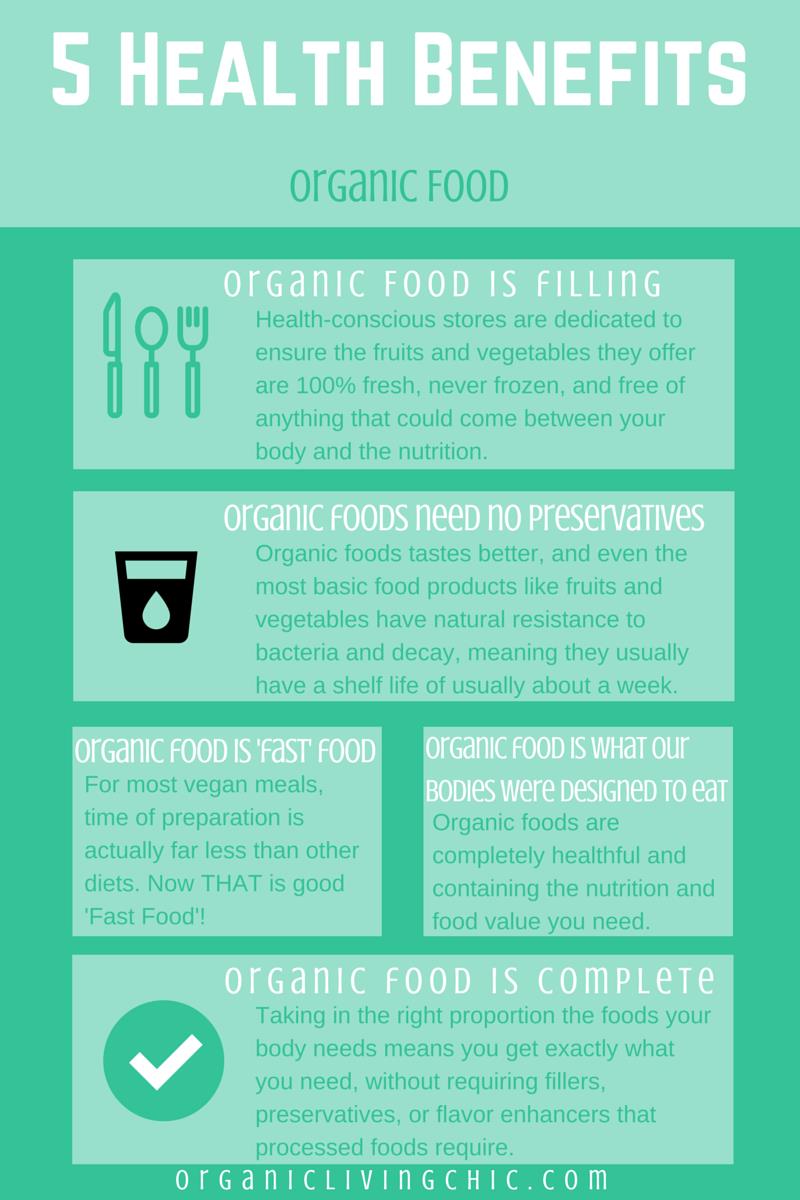 |
Organic Food For A Six Pack? The TRUTH About Organic vs Conventional Foods!Get ripped and keep your strength: http://goo.gl/uLzHn6 Hey guys, it's Clark over at Six Pack Shortcuts and today we're gonna talk about organic vs |
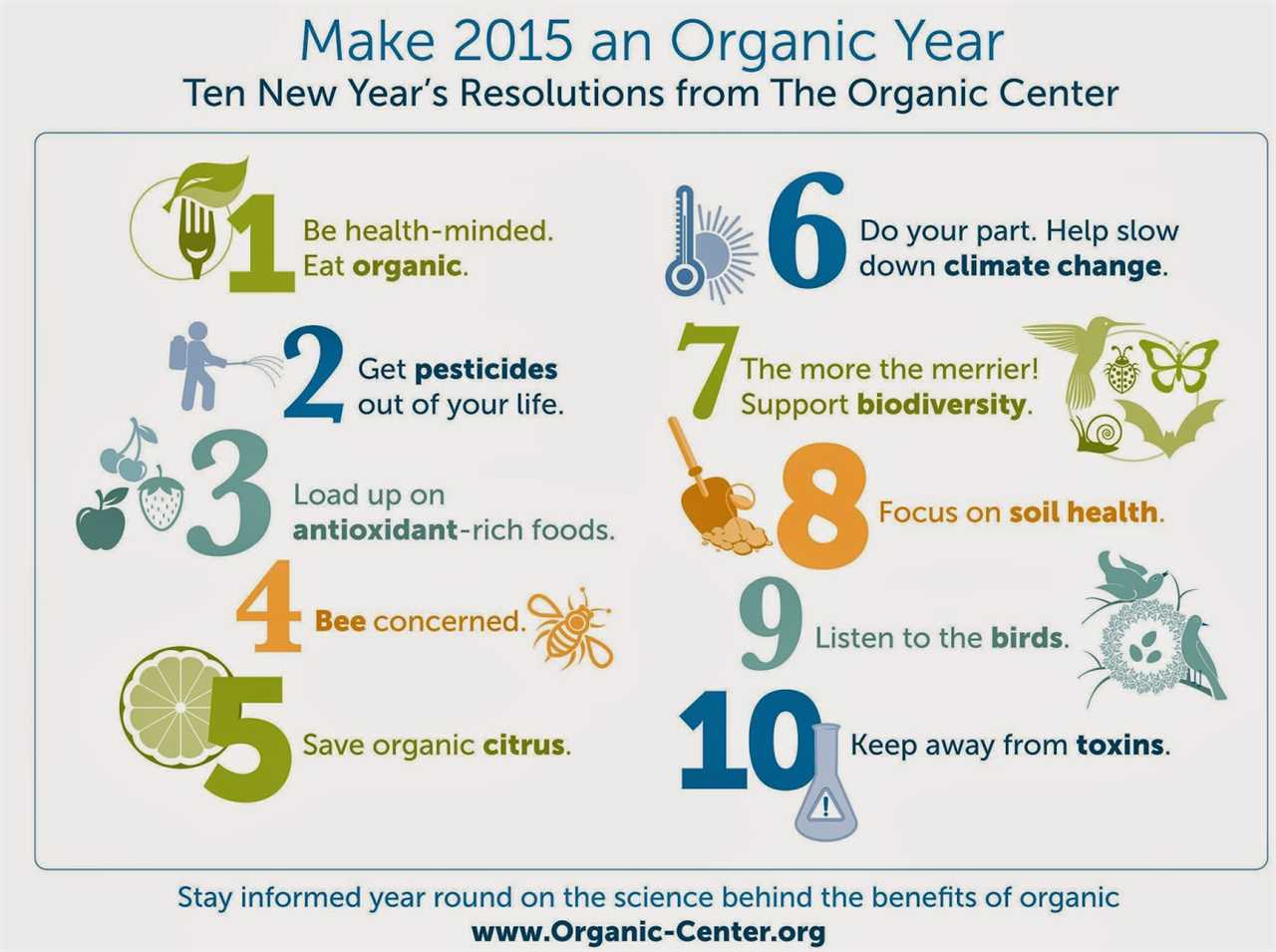 |
Organic vs Conventional Produce - The Dirty Dozen & Clean 15 ExplainedClick https://skl.sh/flavcitywithbobbyparrish to get 2 months of Skillshare for FREE! Here is a full review of the dirty dozen fruits and vegetables and |
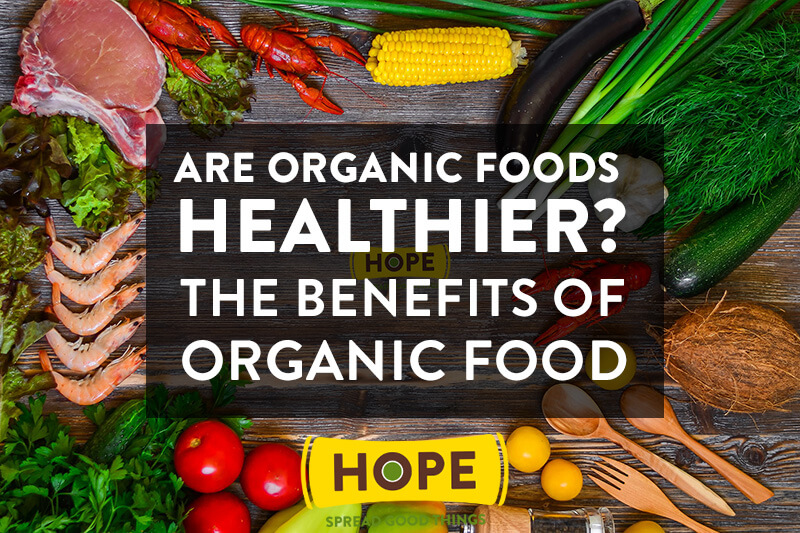 |
Are Organic Foods Really Healthier?It's widely believed that organic foods are more nutritious and safer than non-organic foods, even though the evidence is far from clear. Food certified as |
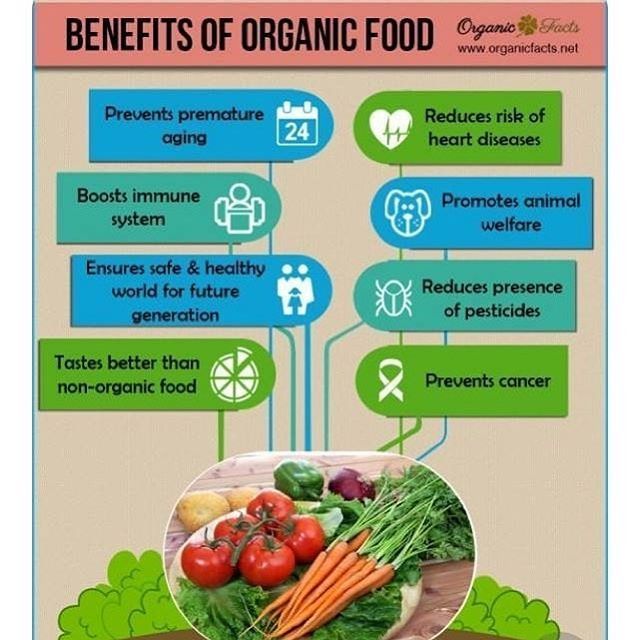 |
Are GMOs Good or Bad? Genetic Engineering & Our FoodAre GMOs bad for your health? Or is this fear unfounded? OUR CHANNELS German Channel: https://kgs.link/youtubeDE Spanish Channel: |
 |
How the food you eat affects your brain - Mia NacamulliView full lesson: http://ed.ted.com/lessons/how-the-food-you-eat-affects-your-brain-mia-nacamulli When it comes to what you bite, che […] |
 |
Is Buying Organic Food Worth The Cost?Subscribe to Goodful: https://bzfd.it/2QApoPk Goodful Goodful Feel better, be better, and do better. Subscribe to Goodful for all your healthy self care |
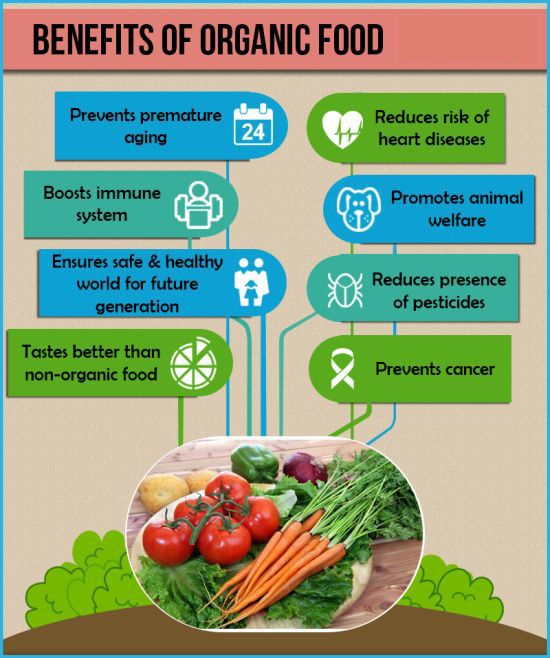 |
Benefits of Choosing Organic Gluten-Free OptionsIf you’ve been diagnosed with gluten sensitivity or celiac disease, you know how hard it can be to avoid foods containing wheat and other grains. But |
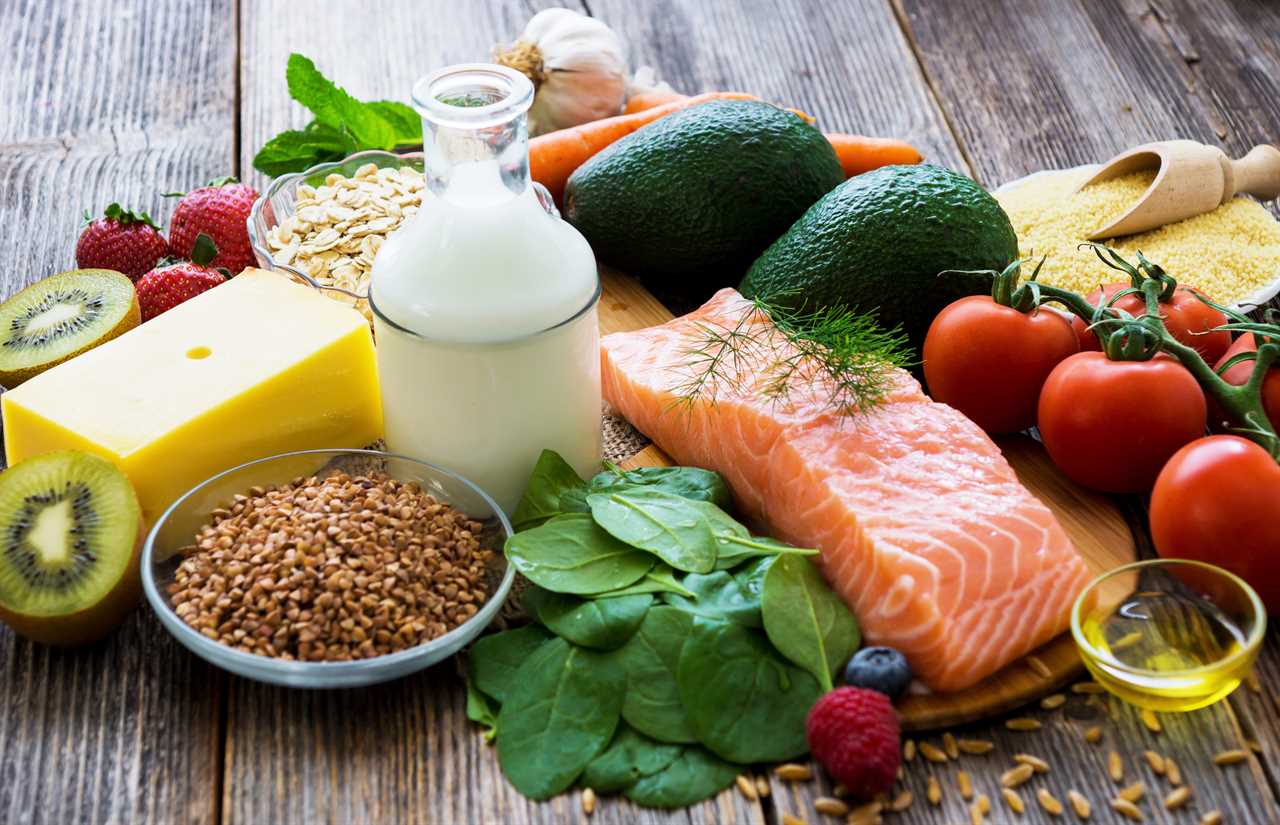 |
Joseph Wang LIVE (Bank Bailouts and Moral Hazards Deep Dive)buy my stuff Come to rebel capitalist live at https://rebelcapitalistlive.com Check out my private, online investment community (Rebel Capitalist Pro) |
 |
Organic Farming and Soil HealthOrganic farming practices promote soil health through crop rotations, symbiotic associations, cover crops and minimum tillage. These management.. |
 |
Research Reveals How Your Body Reacts When You Eat Only Organic FoodsThere is a growing belief that organic foods are healthier for us than non-organic foods. This ever-increasing belief is responsible for significant growth in |
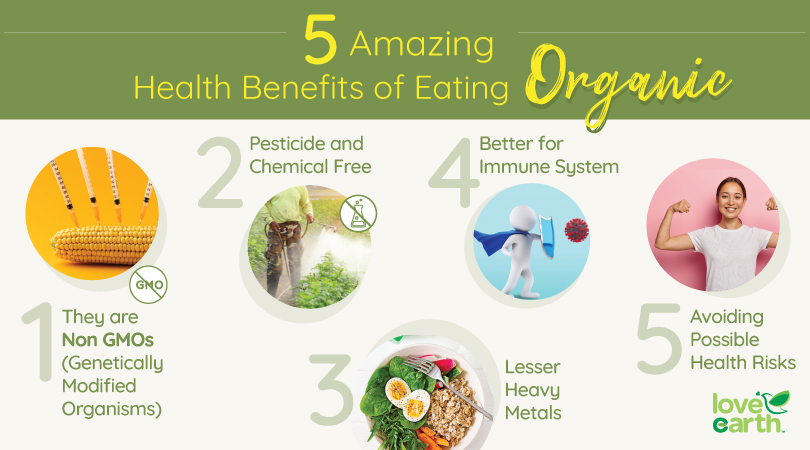 |
Stop Wasting Money on These ORGANIC Veggies (you don’t need to buy them organic)Click Here to Subscribe: http://Bit.ly/ThomasVid Get MY Recommendation on Groceries Delivered to Your Doorstep with Thrive Market: http: […] |
 |
If You Eat an Avocado a Day For a Month, Here''s What Will Happen to YouWhat Will Happen to Your Body If You Eat Avocado Every Day. The avocado is a unique fruit with multiple nutritional and health benefits. How would your body |
 |
Korean GardeningKorean gardening is one of the oldest ways to grow plants. It involves planting herbs, fruits, and vegetables that are used in kimchi, a type of.. |
 |
The Rodale InstituteThe Rodale Institute is a nonprofit organization that aims to support research into organic farming. It was founded in 1947 by J. I. Rodale, an.. |
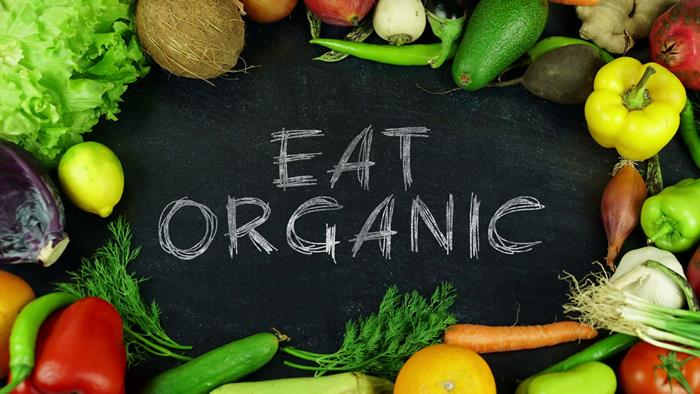 |
Organic eatingOrganic Cultur |
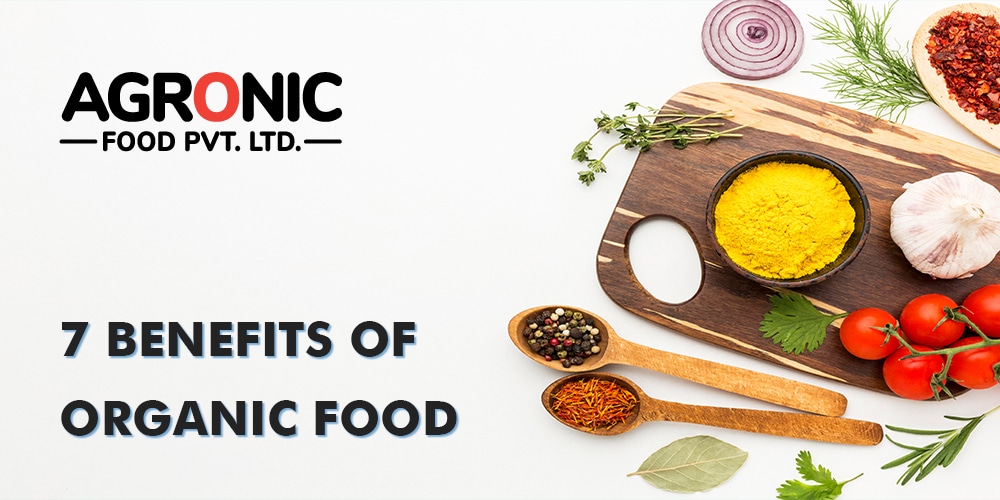 |
What is a Conventional Farm?Conventional farm is the term used to describe a farm that is not organic. It is a form of agriculture that is associated with better soil quality,.. |
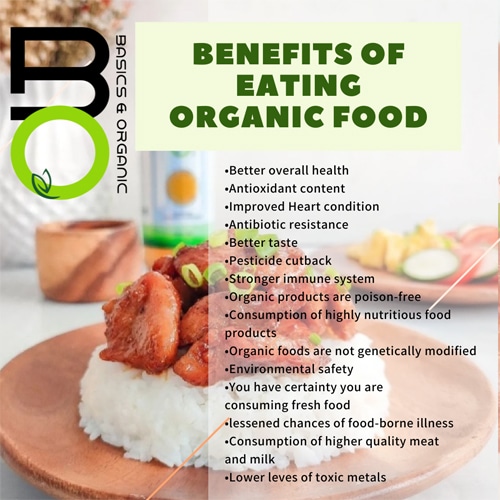 |
Chhattisgarh's Organic Farming SchoolsThe government of Chhattisgarh has started to introduce organic farming schools. This initiative is intended to provide the young generation with the |
 |
Can Organic Be GMO?The question Can organic be GMO is an ongoing debate among many consumers. While it's possible to eat foods that have been produced using genetic.. |
 |
When Did Organic Food Start?The answer to the question when did organic food start? will vary depending on the time period in which you are looking at. For instance, it may be a |
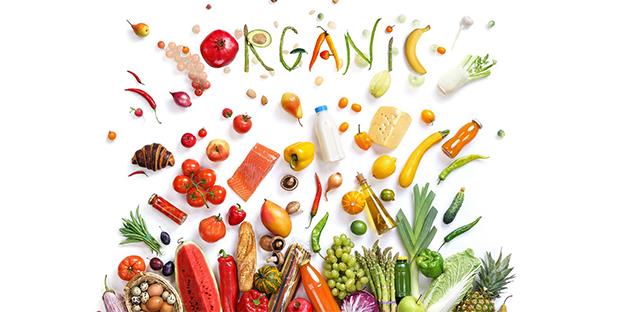 |
Organic Farming PrinciplesOrganic farming is a practice that is designed to be sustainable and healthy. Its principles include avoiding harms produced by industrial farming.. |
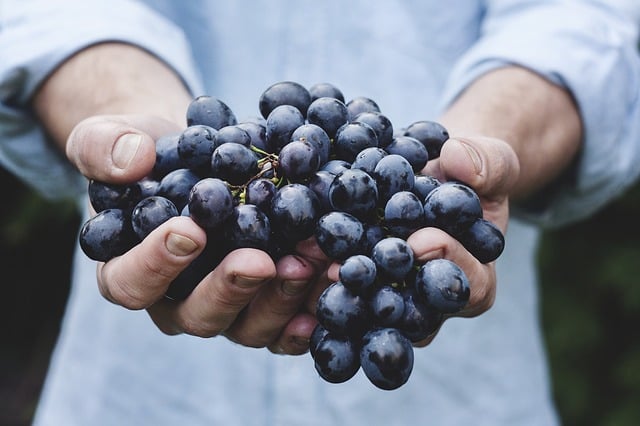 |
Soil Composition and BiodiversityThe soil that we have around us is a vital part of our lives. It is the home for many plants and animals. It also has a texture, a color, and many.. |
 |
The Benefits and Pitfalls of Organic Farming OrganizationsOrganic farming is an approach to farming that is not only ecologically sound, but also financially feasible. It is a method that is free from.. |
 |
Exotic VegetablesWhen it comes to vegetables, there are plenty of choices to choose from. Some of the most popular choices include broccoli, corn, carrots, and.. |
 |
Learn How to Become an Organic Farmer Through a Training ProgramIf you are looking to become an organic farmer, there are several ways you can do so. One option is to take a training program that will teach you.. |
 |
Benefits of Cover CropsIf you aren't familiar with cover crops, you may be surprised to learn that they are plants that are planted to grow on top of the soil to help.. |
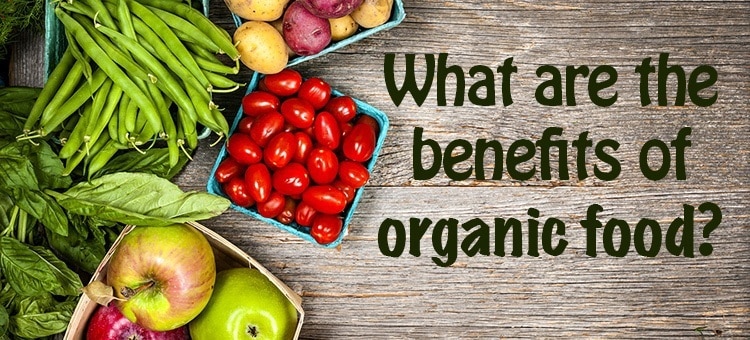 |
What is Organic Cotton?Organic cotton is the type of cotton that is grown without using pesticides or chemicals. It is also the type of cotton that is grown in subtropical.. |
 |
Is Organic Farming Beneficial to Biodiversity?Organic farming is a growing interest in the scientific community, and researchers have been investigating whether the practice is beneficial to.. |
 |
The Benefits of CompostingComposting your waste can be a very effective way of ensuring that your organic material is being broken down to the best of its ability. When.. |
 |
The Difference Between Organic Milk and Regular MilkOrganic milk is a type of milk that comes from livestock that is raised according to organic farming methods. This is a term that is regulated by.. |
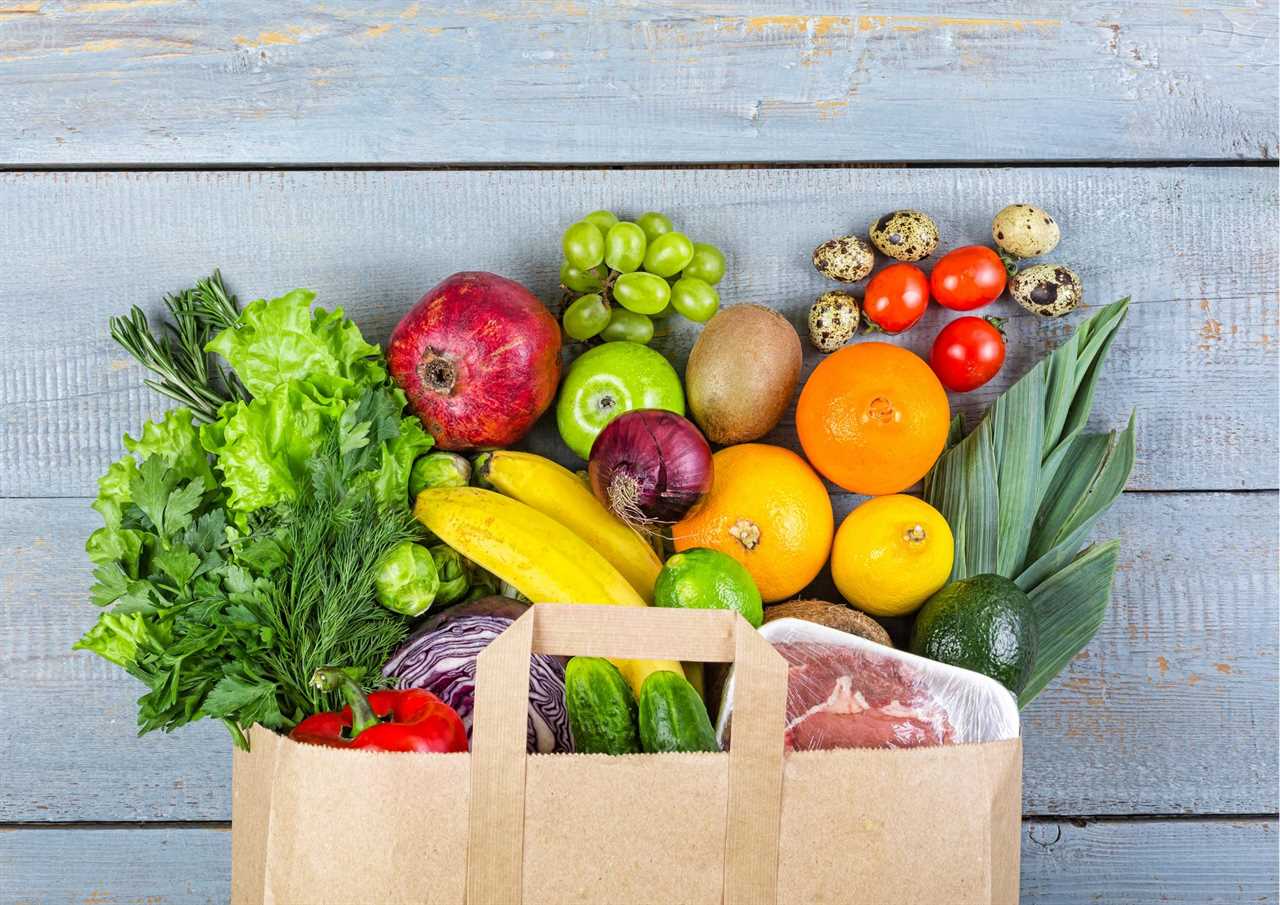 |
Organic Farming MagazineOrganic farming magazine is a resource that provides you with the latest information on organic agriculture, health, and sustainability. It also.. |
 |
The Latest Research on Organic | The Organic CenterResearched articles about eating Organic food |
.png)





